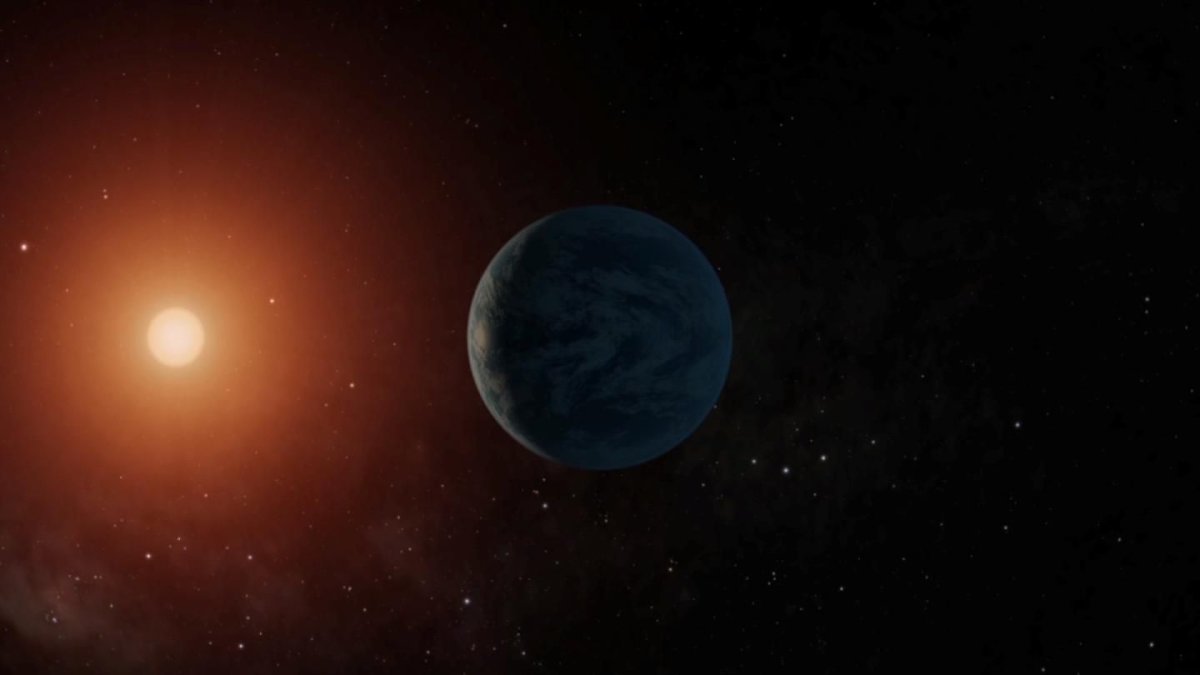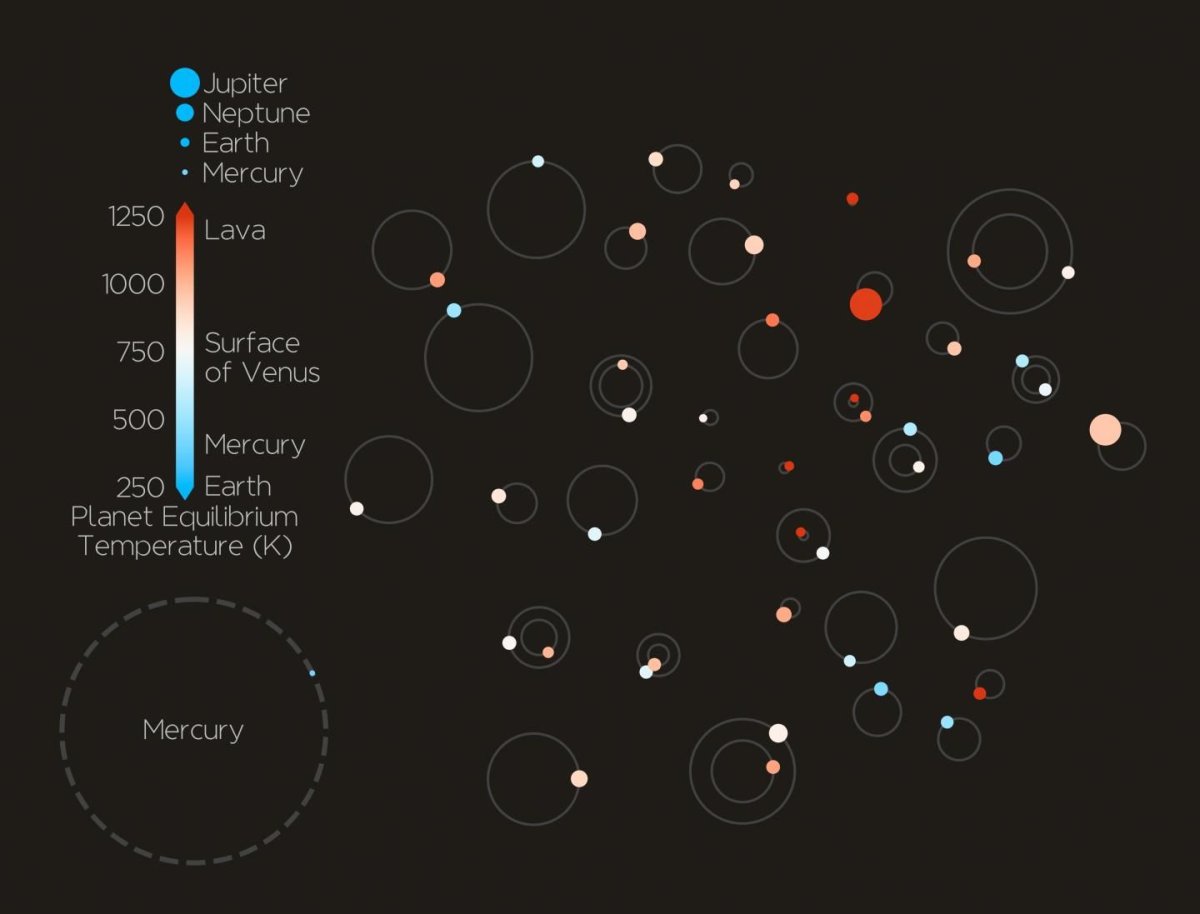Scientists have found a mammoth 44 planets beyond our solar system in one go using data from the Kepler space telescope and others. These surveys usually find batches of fewer than a dozen planets.
What's more, Kepler only gathered this data after a technical problem reduced engineers' control of the telescope back in 2013.

"Two out of the four control-reaction wheels failed, which meant Kepler couldn't perform its original mission to stare at one specific patch of the sky," explained study author Motohide Tamura of the University of Tokyo in a statement. "This led to its contingent mission, 'K2'—our observations came from campaign 10 of this mission."
"The original Kepler...discovered thousands of interesting planets," study author John Livingston told Newsweek. "However, I think the mechanical failure was in many ways a blessing in disguise, because K2 enabled the discovery of many interesting planets that were simply not part of the original Kepler mission design."
The researchers found a wide range of weird and wonderful planets—some as small as our own and some that zip around their host star in less than a single Earth day. Researchers reported their findings in The Astronomical Journal.
"[These] 'ultra-short period' planets are very interesting from a theoretical perspective. We're pretty sure they can't form so close to the star, so it's an open question how they came to be in such orbital configurations," Livingston told Newsweek. Such planets, he explained, are very close to their star and move very quickly.
"It was [also]...gratifying to verify so many small planets," he said in the statement. "Sixteen were in the same size class as Earth, one in particular turning out to be extremely small—about the size of Venus—which was a nice affirmation as it's close to the limit of what is possible to detect."
The team are particularly excited about 18 planets in multi-planet systems. Livingston hopes these will help us understand our own solar neighborhood. "The investigation of other solar systems can help us understand how planets and even our own solar system formed," Livingston said. "The study of other worlds has much to teach us about our own."
In addition to these validated planets, researchers also found 27 candidates that may prove to be real planets after further study.

The future of Kepler, which has been floating in space for almost a decade, has been the subject of much discussion in recent weeks. "We're lucky Kepler continues to function as well as it does," Tamura said.
Low on fuel, engineers had switched it into a sort of hibernation to conserve enough energy to beam data haul to Earth, NASA announced in July. The veteran telescope woke up in early August, and began sending observation data back home, Space.com noted Friday.
The telescope has found more than 2,600 exoplanets over its Kepler and K2 missions. In fact, NASA recently announced Kepler had proved there are more planets than stars in the Milky Way.
Stars with planets are surprisingly common. In fact, thanks to @NASAKepler’s survey of the cosmos we now know there are more planets than stars in our galaxy! What does the discovery mean to you? Share your thoughts using the hashtag #MorePlanetsThanStars: https://t.co/Bsbd3QXp4f pic.twitter.com/LWZMk7XJQV
— NASA Kepler and K2 (@NASAKepler) August 3, 2018
This article has been updated to include further comment from John Livingston.
Uncommon Knowledge
Newsweek is committed to challenging conventional wisdom and finding connections in the search for common ground.
Newsweek is committed to challenging conventional wisdom and finding connections in the search for common ground.
About the writer
Katherine Hignett is a reporter based in London. She currently covers current affairs, health and science. Prior to joining Newsweek ... Read more
To read how Newsweek uses AI as a newsroom tool, Click here.








